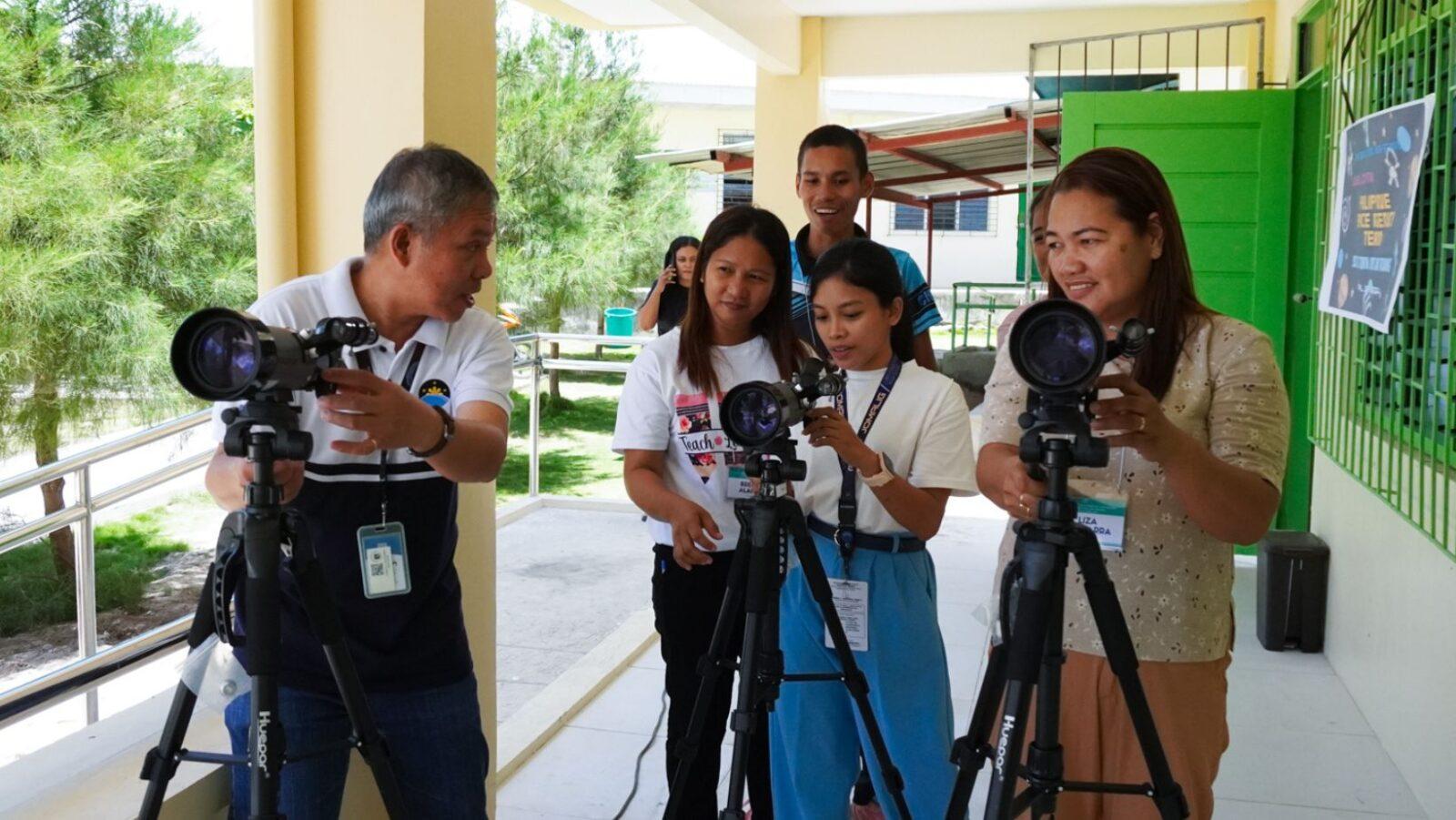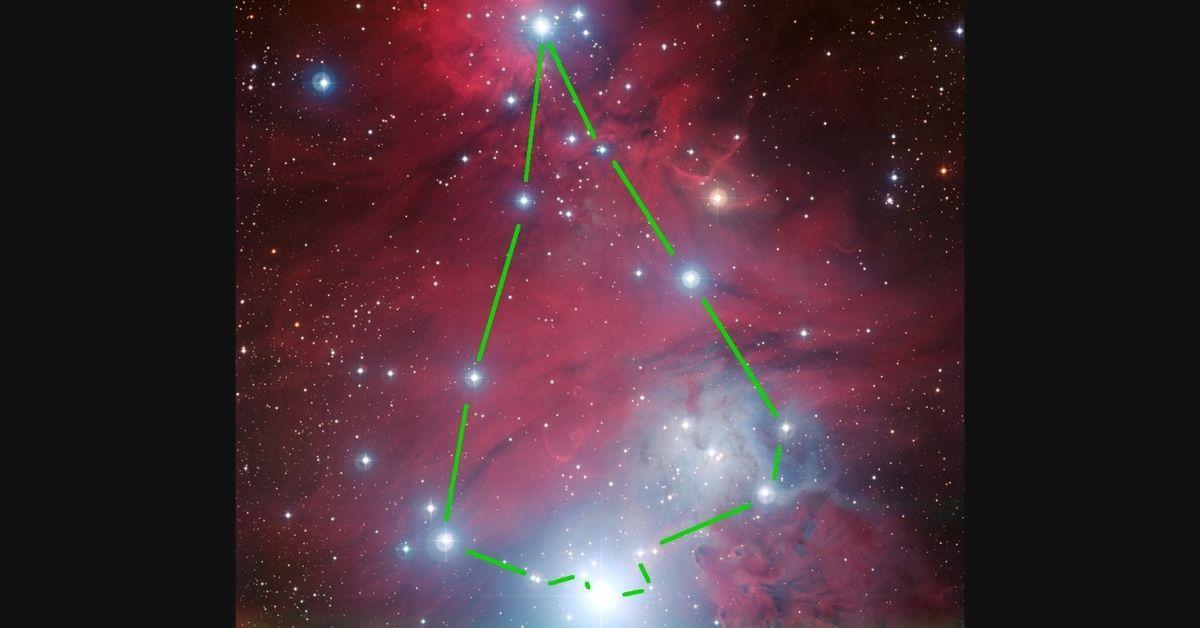•AEDES Project, a Pinoy-made information system that uses space data for dengue case forecasting, was one of six winners at the 2019 NASA International Space Apps Challenge.
•The project won the Best Use of Data Award for being “the solution that best makes space data accessible, or leverages it to a unique application.”
•Technology business incubator Animo Labs will support the team in developing the platform for official release and use.
An infectious disease primarily carried and transmitted by Aedes aegypti mosquitoes, dengue remains one of the Philippines’ biggest health-related challenges. Last year, the Department of Health (DOH) declared a national dengue epidemic. Statistics from the World Health Organization (WHO) reveal 271,480 dengue cases and 1,107 deaths in the country from January 1 to August 31, 2019. With all of this in mind, a team of Pinoy tech enthusiasts sought to harness the power of space data in mitigating the spread of the deadly disease—an endeavor that won them recognition at the 2019 National Aeronautics and Space Administration (NASA) International Space Apps Challenge.
Project AEDES (Advanced Early Dengue Prediction and Exploration Service) is the brainchild of Dominic Vincent D. Ligot, Mark Toledo, Frances Claire Tayco, and Jansen Dumaliang Lopez. The system uses climate information, satellite data, and internet search trends to predict potential dengue hotspots.

Defeating dengue with data
AEDES correlates data from the Sentinel-2 Copernicus and Landsat 8 satellites, climate data from the Department of Science and Technology-Philippine Atmospheric, Geophysical and Astronomical Services Administration (DOST-PAGASA), and Google search trends (for keywords such as ‘dengue’, ‘dengue symptoms’, ‘dengue fever’, and ‘dengue medicine’) with existing information on dengue cases and deaths. Through this, AEDES can pinpoint areas that may become mosquito breeding grounds, displaying potential dengue hotspots in a web interface.
An official statement explained how the platform accomplishes this: “Satellite spectral bands like green, red, and near-infrared (NIR), indices like Fraction of Absorbed Photosynthetically Active Radiation (FAPAR) and Normalized Difference Vegetation Index (NDVI) are calculated in identifying areas with green vegetation, while Normalized Difference Water Index (NDWI) identifies areas with water. Combining these indices reveal potential areas of stagnant water capable of being breeding grounds for mosquitoes, extracted as coordinates through QGIS, a free and open-source cross-platform desktop geographic information system.”
“AEDES aims to improve public health response against dengue fever in the Philippines by pinpointing possible hotspots using Earth observations,” explained Dr. Argyro Kavvada of NASA Earth Science and Booz Allen Hamilton.

Competing against over 29,000 participants from 71 countries, AEDES won the Best Use of Data Award for being “the solution that best makes space data accessible, or leverages it to a unique application.”
Second time in a row
DOST Secretary Fortunato T. de la Peña commended the AEDES team for their victory. “I am very happy we landed in the winning circle,” said de la Peña. He emphasized how AEDES can support the Philippines in working towards the objectives under the Sustainable Development Goal (SDG) on Good Health and Well Being. “This would be a big help particularly in addressing our health-related problems.”
Meanwhile, Rex Lor, Head of Solutions Mapping at the United Nations Development Programme (UNDP) Accelerator Labs PH, explained that the winning solution showcases the “pivotal role of cutting-edge digital technologies in the creation of strategies for sustainable development in the face of evolving development issues.”
According to Engr. Raul C. Sabularse, deputy executive director of the Philippine Council for Industry, Energy and Emerging Technology Research and Development (DOST-PCIEERD), AEDES benefits not just the Philippines, but also other countries suffering from dengue and malaria. He emphasized how the novel app enables health professionals “to know the potential areas where dengue might occur.”
The 2019 NASA Space Apps Challenge marks the second time the Philippines won an award in the prestigious international hackathon. In 2018, team iNON won the Galactic Impact Award at the 2018 NASA Space Apps Challenge for ISDApp, “the first community app that aims to effectively communicate useful information to underprivileged fishermen without smartphones and internet.” Local technology business incubator Animo Labs is currently providing development and management support for ISDApp, alongside De La Salle University (DLSU) Fab Lab and DOST-PCIEERD. Animo Labs will assist the team behind AEDES in the same manner.
Just like 2018’s winning teams, the 2019 winners will visit NASA’s Kennedy Space Center in Florida later this year, as part of their prize.
Out-of-this-world solutions for earthly problems
“Space Apps is a community of scientists and engineers, artists and hackers coming together to address key issues here on Earth,” explained Dr. Thomas Zurbuchen, NASA associate administrator for science. “At the heart of Space Apps are data that come to us from spacecraft flying around Earth and are looking at our world.”
Vice President Leni Robredo also expressed support for the Space Apps initiative, describing it as a platform “where some of our country’s brightest minds can collaborate in finding and creating solutions to our most pressing problems, not just in space, but more importantly here on Earth.”
Meanwhile, DLSU president Br. Raymundo B. Suplido FSC shared how he hopes that the international competition would encourage young Filipino researchers and scientists “to create ideas and startups based on space science and technology, and pave the way for the promotion and awareness of the programs of our own Philippine space agency.”
Space Apps is a NASA-led international initiative, organized worldwide by Booz Allen Hamilton, Mindgrub, and SecondMuse. The Philippine chapter of the international hackathon is a collaborative effort by DLSU, Animo Labs, DOST-PCIEERD, PLDT InnoLab, American Corner Manila, U.S. Embassy, and software developer Michael Lance M. Domagas.
The 2020 edition of the NASA Space Apps Challenge will take place on October 2-4, 2020.
For more information on the AEDES Project, check out the official website here.
Cover photo: AEDES Project Facebook page
References
- Official NASA Space Apps Philippines press release
Author: Mikael Angelo Francisco
Bitten by the science writing bug, Mikael has years of writing and editorial experience under his belt. As the editor-in-chief of FlipScience, Mikael has sworn to help make science more fun and interesting for geeky readers and casual audiences alike.







